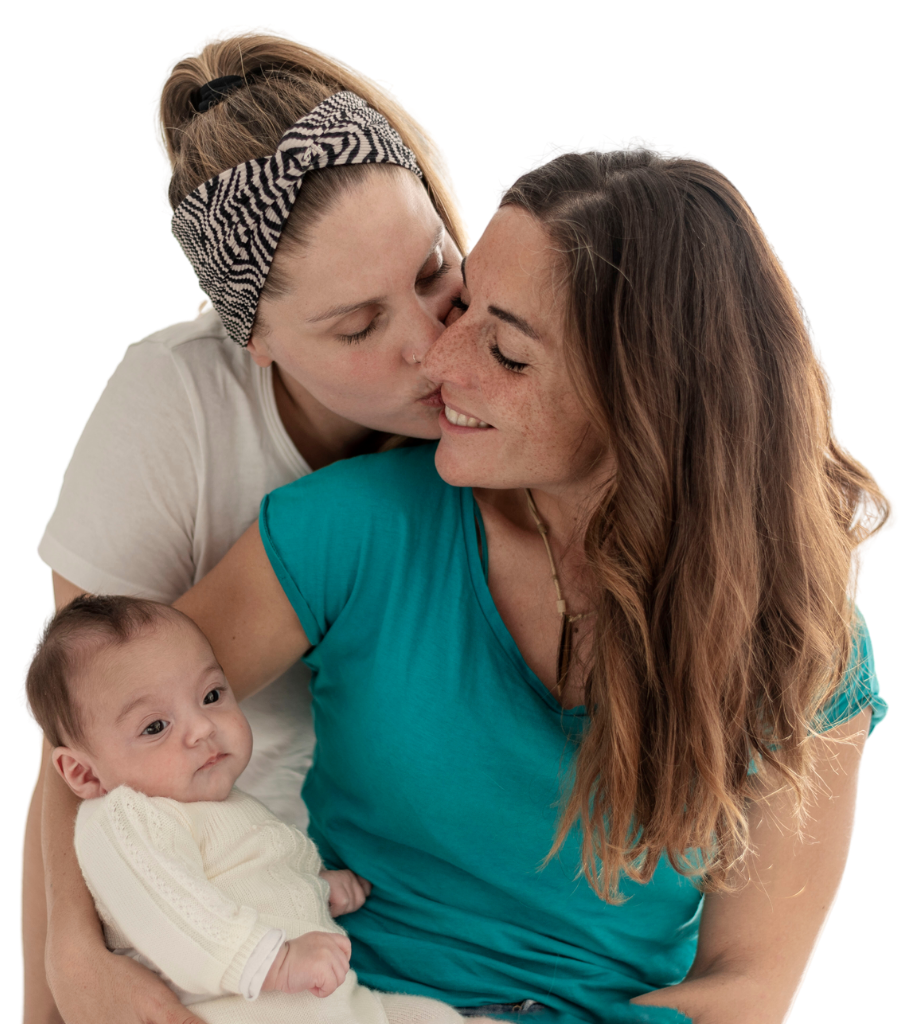In vitro fertilization is probably the most well-known method to treat infertility. It certainly gets the most headlines. But the truth is, most couples don’t need IVF. Up to 90 percent of fertility issues can be corrected with medication or minor surgery.
IVF is defined as any fertility treatment where both an egg and sperm are removed from the body and used to create an embryo in a lab setting. The embryo is then placed back into the uterus to grow and develop. There are several variations, but the basic process is always the same.
So, who is a good candidate for IVF? The following are usually the best fit:
- Women who have blockages in one of both of their fallopian tubes
- Women who have had a tubal ligation or their tubes removed
- Women who don’t ovulate on their own
- Women who don’t respond to ovulation stimulating medication
- Men who have had a vasectomy
- Men with sperm abnormalities
- Couples with unexplained infertility
- Couples who wish to preserve their fertility for a future pregnancy
- Same sex female couples who both wish to participate in the pregnancy
- Couples who have exhausted all other treatment options
Making the Case for IVF
While each patient’s experience is unique, there are some common situations where we recommend IVF as the best treatment. Below are just a few examples. The names and some details have been changed to protect privacy.Allie, 35, had her tubes tied after her second child. A few years later when she entered into a relationship with a new romantic partner, she decided she wanted to have one more child. Her two best options to get pregnant were have a tubal reversal and then try to get pregnant naturally or undergo IVF. Allie chose IVF, since it has been shown to offer a higher success rate in a shorter time. It also has a lower risk for ectopic pregnancy and is less invasive than tubal reversal surgery.
Stephanie and Matt had been trying to get pregnant for over a year. Our extensive fertility evaluation showed that Matt had a very low sperm count, but we could find no specific reason for it. The couple decided to proceed with IVF, using a variation called intracytoplasmic sperm injection (ICSI), in which a single sperm cell is injected directly into an egg.
Amy and Brent tried to conceive for two years. Amy had been diagnosed with PCOS, and her ovaries did not respond to the two most common ovulation induction medications. The couple decided to move forward with IVF since it offers an alternative way to stimulate the ovaries. Women with PCOS tend to grow a lot of eggs with IVF, but we usually recommend transferring only one embryo into the uterus, in order to decrease the risk for multiple births. That was the case with Amy and Brent. They choose to freeze their other embryos for possible future use.
Carrie and Adam have been trying to become pregnant for five years. Their fertility workup came back normal, so we diagnosed them with unexplained infertility. They underwent six cycles of controlled ovarian stimulation with letrozole, combined with intrauterine insemination (IUI), but had no success. We recommended they move on to IVF rather than try another round of IUI, to optimize their chance for success.
At age 38, Anna had not met the love of her life yet. She became concerned about aging’s effect on her ovaries and her decreasing chances of getting pregnant – fewer healthy eggs will be available each year. She decided to proceed with IVF and freeze her eggs to preserve her fertility. Whether or not she meets a life partner, she can use them in the future to create embryos and have a baby.
Megan and Mindy planned to start a family using donor sperm, but they both wanted to be involved in the pregnancy. Megan went through the IVF process to stimulate her ovaries to grow eggs. They were fertilized with donor sperm, and then an embryo was transferred into Mindy’s uterus so she could carry their baby.
More About IVF
These stories illustrate some of the situations where IVF treatment helped our patients conceive their family dreams, but there are many others. From traditional IVF, to natural cycle, to egg donor IVF, to frozen embryo transfers, in vitro fertilization is a versatile treatment option for many couples.If you think you might be a good candidate for IVF, we encourage you to make an appointment for a consultation with one of our expert physicians. We’ll go over all the details of each variation, and recommend the best IVF treatment for you. Call us at (502) 897-2144.





